Non-surgical breast lift methods represent a revolutionary approach to breast enhancement that avoids invasive procedures. These innovative solutions provide women with safe, affordable alternatives to traditional breast lift surgery through scientifically-backed techniques and products.
✓ Non-invasive approaches that deliver visible results without surgery
✓ Cost-effective solutions compared to traditional surgical methods
✓ Minimal downtime with immediate return to daily activities
✓ Proven techniques backed by clinical research and user testimonials
✓ Customizable options for different breast types and desired outcomes
Non-Surgical Breast Lift Method Cost Estimator
Calculate your estimated cost and eligibility for non-surgical breast lift procedures
Disclaimer: This calculator provides estimates only and is not a substitute for professional medical advice. Results may vary based on individual factors and geographic location. Always consult with a qualified healthcare provider before making decisions about medical procedures.
Read More Guides & Try More Free Tools:
- Try our Bunny Line Botox: Smoother Nose Bridge Guide
- Try our Transgender Operation: FFS Cost, Risks, & Recovery Time
- Try our Non-Surgical Rhinoplasty: Filler Risks & Results
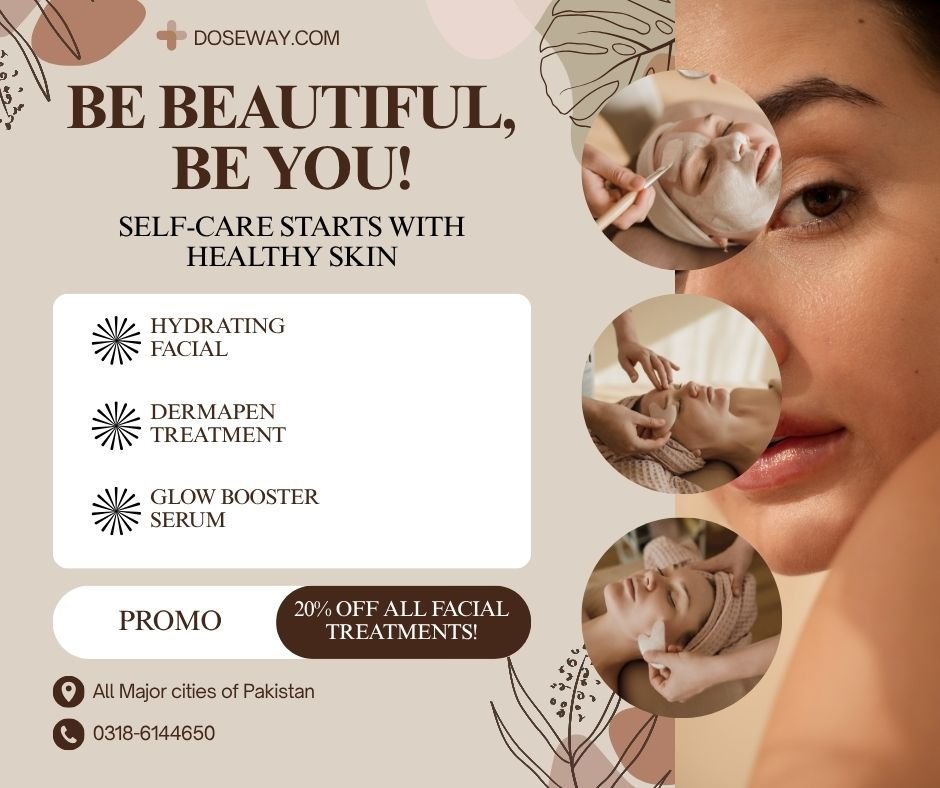
Table Of Contents
What Exactly is a Non-Surgical Breast Lift and How Does It Work?
A non-surgical breast lift encompasses various methods and products designed to elevate and firm breast tissue without incisions, anesthesia, or significant recovery time. These approaches work through different mechanisms including mechanical support, tissue stimulation, muscle strengthening, and collagen production enhancement.
The fundamental principle behind non-surgical breast lifting involves addressing the primary causes of breast sagging: loss of skin elasticity, weakening of Cooper’s ligaments, decreased collagen production, and reduced muscle tone in the chest area. Unlike surgical lifts that physically remove excess skin and reposition breast tissue, non-surgical methods work with your body’s natural processes to restore firmness and elevation.
Non-surgical breast lift techniques typically fall into these categories:
✓ Mechanical support systems that provide immediate lifting through specialized bras or harnesses
✓ Topical treatments containing active ingredients that improve skin elasticity and firmness
✓ Targeted exercises that strengthen pectoral muscles underlying breast tissue
✓ Advanced technologies using radiofrequency, ultrasound, or laser to stimulate collagen
✓ Nutritional approaches that support breast tissue health from within
Why Are Women Choosing Non-Surgical Breast Lifts Over Traditional Surgery?
The shift toward non-surgical breast enhancement reflects changing preferences in cosmetic procedures driven by safety concerns, cost considerations, and lifestyle factors. Women are increasingly opting for these methods due to their minimal risk profile and natural-looking results.
Safety advantages represent the primary motivation for choosing non-surgical options. Traditional breast lift surgery carries risks including infection, scarring, anesthesia complications, and potential loss of nipple sensation. Non-surgical methods eliminate these concerns while providing noticeable improvements in breast appearance.
Financial considerations significantly influence decision-making. Surgical breast lifts typically cost between $5,000-$10,000, while non-surgical alternatives range from $50-$3,000 depending on the method chosen. This price difference makes breast enhancement accessible to women across different economic backgrounds.
Time constraints and busy lifestyles make non-surgical options particularly appealing. Surgical procedures require significant downtime—typically 2-4 weeks away from normal activities—while non-surgical methods allow immediate return to work, exercise, and daily routines.
Natural-looking results achieved through gradual improvement appeal to women who prefer subtle enhancement over dramatic surgical alteration. Non-surgical methods work with your body’s natural contours rather than creating an artificial appearance.
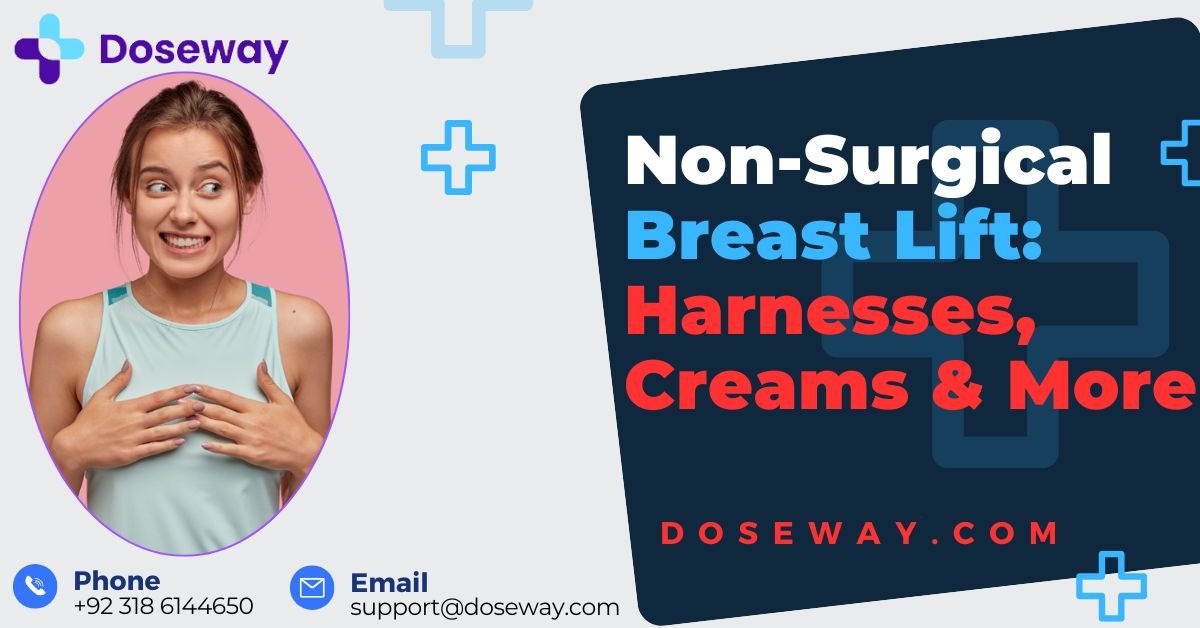
What Are the Different Types of Non-Surgical Breast Lift Methods Available?
The non-surgical breast lift market has expanded dramatically, offering numerous approaches with varying mechanisms, costs, and expected outcomes. Understanding these options helps women select the most appropriate method for their specific needs and goals.
Breast Lifting Harnesses and Support Systems
Breast lifting harnesses represent one of the most immediate non-surgical solutions for sagging breasts. These specialized garments work by physically supporting breast tissue and training it to maintain a lifted position over time.
How breast lifting harnesses work:
✓ Provide mechanical support to counteract gravity’s effects
✓ Redistribute breast weight to reduce strain on skin and ligaments
✓ Train breast tissue to maintain improved positioning
✓ Offer immediate visual improvement while being worn
Types of breast support systems:
- Adjustable lift bras with specialized padding and reinforced underwire
- Posture-correcting harnesses that pull shoulders back to enhance breast presentation
- Overnight support garments designed to maintain breast position during sleep
- Magnetic therapy bras claiming to improve circulation and tissue health
Effectiveness factors for breast harnesses:
✓ Proper fit is crucial for optimal results and comfort
✓ Consistent wear produces better long-term outcomes
✓ Quality materials prevent skin irritation and provide adequate support
✓ Combination with other methods enhances overall effectiveness
Breast Firming Creams and Topical Treatments
Topical breast firming products represent a multi-billion dollar industry with formulations ranging from basic moisturizers to advanced cosmeceuticals containing active ingredients that genuinely impact skin quality and breast appearance.
Key ingredients in effective breast firming creams:
✓ Retinol – stimulates collagen production and skin cell turnover
✓ Peptides – signal skin to produce more collagen and elastin
✓ Hyaluronic acid – provides intense hydration to plump skin
✓ Vitamin C – antioxidant that protects against collagen breakdown
✓ Natural botanicals like pueraria mirifica with phytoestrogen effects
Application techniques for maximum effectiveness:
- Apply in upward, circular motions to encourage lymphatic drainage
- Use twice daily consistently for at least 8-12 weeks
- Combine with massage techniques to enhance product penetration
- Allow complete absorption before dressing to prevent product transfer
Realistic expectations for breast firming creams:
✓ Improvement in skin texture and hydration within 2-4 weeks
✓ Visible firming and slight lifting after 8-12 weeks of consistent use
✓ Maintenance of results requires ongoing product use
✓ Best results achieved when combined with other non-surgical methods
Targeted Exercises for Natural Breast Lifting
Specific exercises can strengthen the pectoral muscles underlying breast tissue, creating a natural lift by providing enhanced structural support. While exercise cannot change breast tissue itself, it can significantly improve the foundation upon which breasts sit.
Most effective breast lifting exercises:
✓ Push-ups – strengthen entire pectoral region and improve posture
✓ Chest presses – build pectoral major and minor muscles
✓ Chest flies – target outer pectoral fibers for comprehensive development
✓ Wall presses – isometric contraction for pectoral endurance
✓ Dumbbell pullovers – work pectorals and serratus anterior simultaneously
Exercise regimen for optimal results:
- Perform chest-focused workouts 2-3 times per week with rest days between
- Incorporate 3-4 sets of 8-15 repetitions for each exercise
- Progressively increase resistance to continue challenging muscles
- Always include warm-up and cool-down periods to prevent injury
Complementary practices for enhanced results:
✓ Posture correction – standing tall immediately makes breasts appear higher
✓ Upper back strengthening – supports proper shoulder positioning
✓ Yoga and Pilates – improve overall body awareness and alignment
✓ Regular cardiovascular exercise – maintains healthy weight and skin
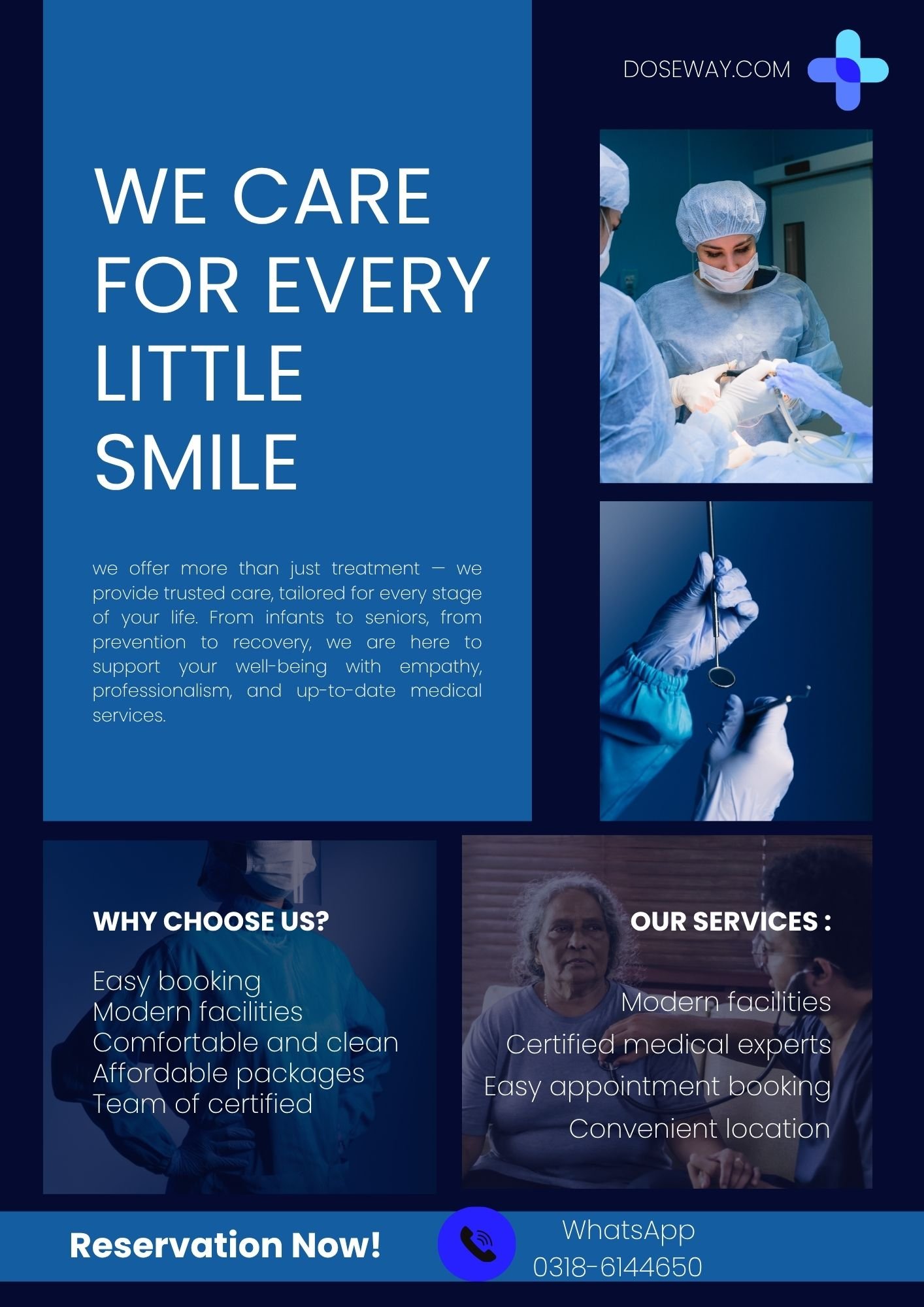
Advanced Non-Invasive Technologies for Breast Lifting
Technological advancements have created several professional treatments that can significantly improve breast appearance without surgery. These procedures typically require multiple sessions but offer more dramatic results than at-home methods.
Radiofrequency (RF) treatments for breast lifting:
RF technology delivers controlled heat to the deep layers of skin, stimulating immediate collagen contraction and triggering new collagen production over time. This results in gradual skin tightening and mild lifting of breast tissue.
Key benefits of radiofrequency breast treatments:
✓ No downtime with minimal discomfort during procedure
✓ Gradual, natural-looking improvement over 3-6 months
✓ Suitable for all skin types with minimal risk
✓ Can be combined with other modalities for enhanced results
Ultrasound skin tightening for breast enhancement:
Focused ultrasound delivers energy to precise depths in the skin, creating controlled thermal injury that stimulates the body’s healing response and collagen production. This technology can target deeper tissue layers than RF.
Advantages of ultrasound treatments:
✓ Can reach the superficial muscular aponeurotic system (SMAS)
✓ Single treatment often sufficient with results developing over months
✓ Precise energy delivery minimizes risk to surrounding tissues
✓ Long-lasting results typically maintained for 1-2 years
Laser therapies for breast skin rejuvenation:
Non-ablative laser treatments improve skin quality, texture, and elasticity by stimulating collagen without damaging the skin’s surface. These treatments are particularly effective for addressing stretch marks and skin laxity around the breasts.
Benefits of laser breast treatments:
✓ Improves overall skin quality and appearance
✓ Reduces visibility of stretch marks and skin discoloration
✓ Minimal discomfort and no downtime
✓ Can be performed in conjunction with other procedures
How Effective Are Non-Surgical Breast Lift Methods Compared to Surgery?
Understanding the realistic outcomes of non-surgical breast lifts requires comparing them directly to surgical alternatives across several key parameters including results, longevity, safety, and cost.
Results comparison table:
| Parameter | Surgical Breast Lift | Non-Surgical Methods |
|---|---|---|
| Degree of lift | Significant (1-2 cup sizes) | Mild to moderate |
| Immediate results | Yes, once swelling resolves | Varies (immediate to gradual) |
| Procedure time | 2-3 hours | Minutes to 1 hour per session |
| Downtime | 2-4 weeks | None to 24 hours |
| Result longevity | 5-15 years | 6 months to 2 years |
| Cost | $5,000-$10,000 | $50-$3,000 |
| Risk level | Moderate to high | Very low |
Specific effectiveness by non-surgical method:
✓ Breast harnesses – Provide immediate lift while worn; minimal permanent improvement
✓ Firming creams – Moderate improvement in skin quality; mild lifting effect over time
✓ Targeted exercises – Noticeable improvement in breast appearance through enhanced muscle support
✓ Professional treatments – Moderate skin tightening and mild lifting comparable to early surgical results
Factors influencing non-surgical method effectiveness:
- Age and skin quality – Younger women with better elasticity see better results
- Degree of ptosis – Mild to moderate sagging responds better than severe cases
- Consistency of treatment – Regular use yields significantly better outcomes
- Combination approach – Using multiple methods simultaneously enhances results
What Factors Influence the Cost of Non-Surgical Breast Lift Options?
The financial investment required for non-surgical breast enhancement varies significantly based on the chosen method, treatment duration, geographic location, and practitioner expertise. Understanding these cost factors helps women make informed decisions aligned with their budgets.
Cost breakdown by method type:
At-home products and devices:
✓ Breast firming creams: $20-$150 per container (1-3 month supply)
✓ Breast lifting harnesses: $30-$200 depending on features and quality
✓ Exercise equipment: $0-$500 (depending on gym membership or home equipment)
✓ Dietary supplements: $15-$80 per month
Professional treatments:
✓ Radiofrequency treatments: $1,000-$3,000 for a series of 3-6 sessions
✓ Ultrasound skin tightening: $1,500-$4,000 per treatment
✓ Laser therapies: $800-$2,000 per session, typically 3-6 sessions recommended
✓ Combination packages: $2,000-$5,000 for multi-modality approaches
Factors affecting professional treatment costs:
✓ Practitioner expertise – Board-certified dermatologists or plastic surgeons charge premium fees
✓ Geographic location – Urban centers and affluent areas typically have higher prices
✓ Technology used – Newer, FDA-approved devices command higher prices
✓ Treatment area size – Larger breast size may require longer treatment times
✓ Package deals – Multiple-session packages often offer per-session discounts
Hidden costs to consider:
✓ Maintenance treatments required to sustain results
✓ Travel expenses if seeking specialists in other locations
✓ Time away from work for appointments (minimal with non-surgical methods)
✓ Complementary products recommended to enhance results
How Does Our Non-Surgical Breast Lift Cost Calculator Work?
Our proprietary cost estimation tool provides personalized financial projections for non-surgical breast enhancement based on individual factors and preferred methods. The calculator incorporates multiple variables to deliver accurate, customized cost assessments.
Data collection parameters in the calculator:
✓ Demographic information – Age, body type, and breast characteristics
✓ Medical history – Conditions that might affect treatment options or outcomes
✓ Lifestyle factors – Smoking, exercise habits, and weight fluctuations
✓ Breast-specific details – Current size, degree of sagging, skin quality
✓ Treatment preferences – Desired methods, budget constraints, time availability
Algorithm foundation:
The calculator processes user inputs through a sophisticated algorithm that cross-references data points with current market pricing, clinical effectiveness data, and typical treatment protocols. This generates a comprehensive cost estimate for achieving the user’s specific goals.
Output components provided:
✓ Personalized cost range – Low to high estimate based on selected methods
✓ Treatment timeline – Expected duration to see noticeable results
✓ Method effectiveness rating – Projected improvement based on user characteristics
✓ Comparative analysis – Cost savings compared to surgical alternatives
✓ Customized recommendations – Specific product or treatment suggestions
Calculator accuracy factors:
✓ Regular updates with current market pricing data
✓ Incorporation of clinical studies on method effectiveness
✓ Geographic cost variations based on user location
✓ Consideration of individual biological factors affecting results
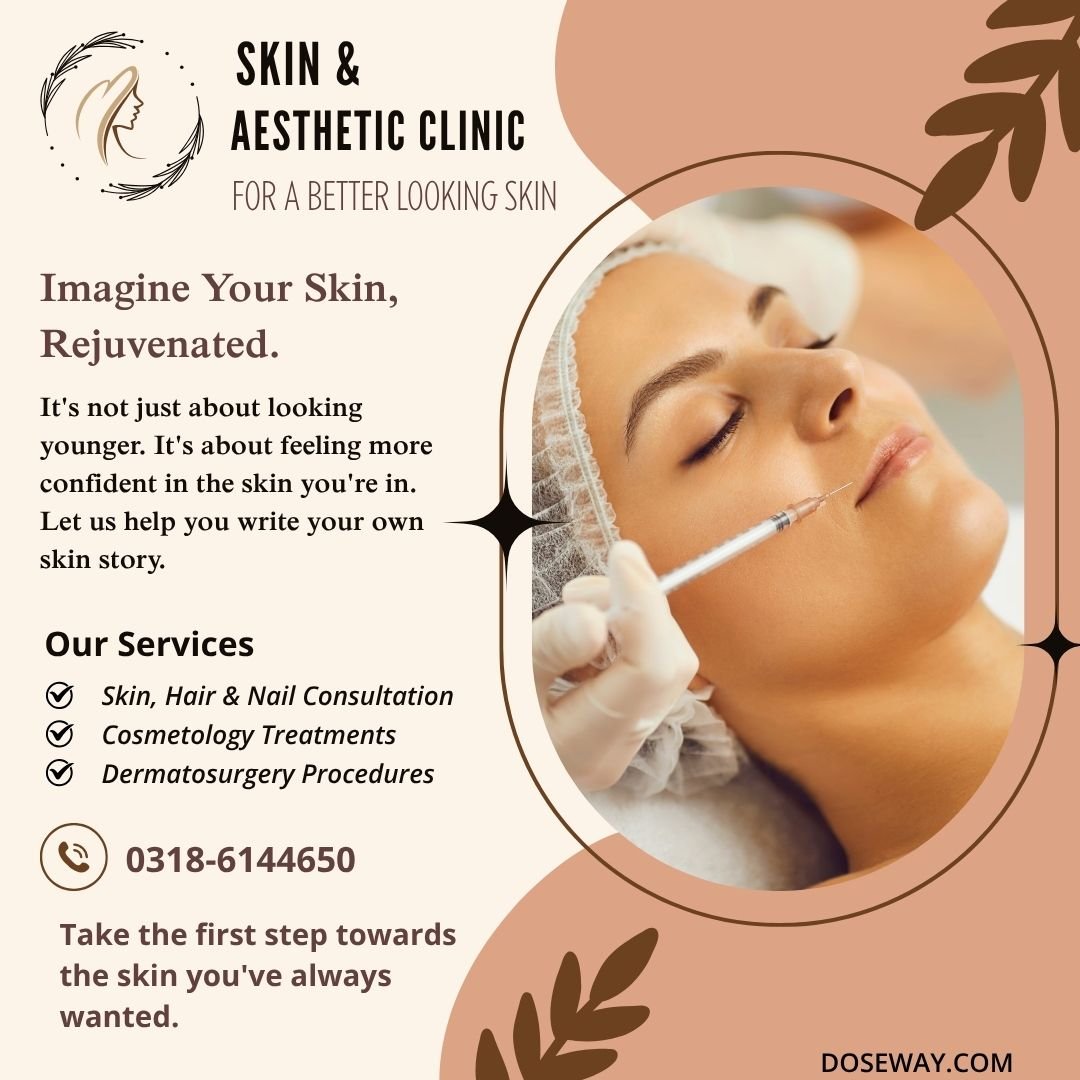
Understanding Your Calculator Results: What Do the Numbers Mean?
Interpreting the output from our cost calculator requires understanding the various metrics provided and how they relate to your breast enhancement goals. The results offer actionable insights to guide your decision-making process.
Cost estimation breakdown:
Your personalized cost estimate represents the projected investment required to achieve noticeable improvement in breast firmness and position using non-surgical methods. This figure includes:
✓ Product costs – Creams, devices, or supplements for at-home use
✓ Professional treatment fees – Clinic-based procedures if selected
✓ Maintenance expenses – Ongoing costs to sustain results
✓ Complementary items – Support garments or exercise equipment
Effectiveness score interpretation:
The effectiveness percentage indicates the projected level of improvement you can realistically expect based on your individual characteristics and chosen methods. This score considers:
✓ Your degree of breast ptosis – Mild sagging responds better than severe cases
✓ Skin quality and elasticity – Younger, more elastic skin achieves better results
✓ Method suitability – How well selected approaches address your specific concerns
✓ Compliance likelihood – Based on your lifestyle and commitment level
Risk assessment analysis:
The risk meter evaluates potential complications or unsatisfactory outcomes based on your profile. Factors influencing this assessment include:
✓ Medical conditions that might affect healing or results
✓ Lifestyle factors like smoking that impact skin health
✓ Previous breast procedures that might complicate non-surgical approaches
✓ Realistic expectations alignment with probable outcomes
Personalized recommendation categories:
✓ Best value options – Methods offering optimal results for investment
✓ Fastest approaches – Techniques providing most rapid improvement
✓ Most natural methods – Options working with your body’s processes
✓ Maintenance strategies – Approaches to sustain achieved results
How to Choose the Right Non-Surgical Breast Lift Method for Your Needs
Selecting the most appropriate breast enhancement approach requires careful consideration of multiple personal factors including your specific concerns, lifestyle, budget, and expectations. This decision-making framework helps identify your optimal path.
Assessment of your primary concerns:
Identify whether your main issues involve skin laxity, loss of volume, poor muscle tone, or combination concerns. This determination guides method selection:
✓ Primarily skin laxity – Focus on radiofrequency, ultrasound, or firming creams
✓ Loss of volume with sagging – Consider exercises combined with support garments
✓ Poor muscle tone – Prioritize targeted pectoral exercises
✓ Combination concerns – Implement multi-modal approach addressing each issue
Evaluation of your commitment level:
Be honest about the time and consistency you can dedicate to breast enhancement. Different methods require varying commitment levels:
✓ High commitment – Daily exercises, twice-daily cream application, regular professional treatments
✓ Moderate commitment – Several weekly exercise sessions, daily cream application, occasional treatments
✓ Low commitment – Wearable support garments, occasional creams, minimal exercise
Budget consideration and planning:
Establish a realistic budget that includes initial costs and maintenance expenses. Consider these budgeting approaches:
✓ Tiered investment – Start with lower-cost methods, progress to professional treatments if needed
✓ Package deals – Many clinics offer discounted series of treatments
✓ Product bundles – Some companies offer starter kits with multiple complementary products
✓ Payment plans – Many practices provide financing options for professional procedures
Timeline expectation alignment:
Different methods produce results at varying speeds. Align your method selection with your desired timeline:
✓ Immediate results – Support garments provide instant improvement while worn
✓ Short-term results (2-8 weeks) – Exercises and some professional treatments
✓ Medium-term results (2-6 months) – Most creams and collagen-stimulating procedures
✓ Long-term results (6+ months) – Comprehensive multi-modal approaches
What Results Can You Realistically Expect from Non-Surgical Breast Lifts?
Setting appropriate expectations is crucial for satisfaction with non-surgical breast enhancement outcomes. Understanding what constitutes realistic improvement helps prevent disappointment and ensures appreciation of actual results.
Visual improvement parameters:
Non-surgical methods typically produce these measurable changes in breast appearance:
✓ Elevation of nipple position – 0.5-2.0 cm lift depending on method and consistency
✓ Improvement in breast shape – Enhanced roundness and forward projection
✓ Increased skin firmness – Measurable improvement in skin elasticity and resilience
✓ Enhanced cleavage – Better definition and appearance in clothing
✓ Reduced appearance of stretch marks – Diminished visibility through skin quality improvement
Timeframe for visible results:
Different methods produce noticeable improvements at varying rates:
✓ Immediate – Support garments and proper posture
✓ 2-4 weeks – Initial improvements from exercises and some creams
✓ 4-12 weeks – Significant changes from consistent multi-modal approaches
✓ 3-6 months – Maximum results from most non-surgical methods
✓ 6+ months – Maintenance phase requiring ongoing effort
Factors influencing individual results:
The degree of improvement varies significantly based on these personal factors:
✓ Age – Younger women typically see faster, more pronounced results
✓ Skin quality – Better baseline elasticity predicts better outcomes
✓ Hormonal status – Pre-menopausal women often respond better than post-menopausal
✓ Weight stability – Stable weight supports maintained results
✓ Genetic factors – Natural collagen production capacity affects outcomes
Documentation of progress:
Tracking your improvement provides motivation and objective assessment:
✓ Monthly photographs – Standardized lighting, angles, and clothing
✓ Measurement records – Bust, underbust, and nipple position measurements
✓ Skin quality assessment – Pinch test for elasticity improvement
✓ Clothing fit evaluation – How specific garments fit over time
✓ Satisfaction rating – Subjective assessment of improvement
Are There Any Risks or Side Effects with Non-Surgical Breast Lifts?
While significantly safer than surgical alternatives, non-surgical breast enhancement methods carry potential risks and side effects that users should understand before beginning any regimen. Most issues are minor and temporary when proper protocols are followed.
Common minor side effects by method type:
Topical products:
✓ Skin irritation, redness, or itching – particularly with retinol-based products
✓ Allergic reactions to specific ingredients or fragrances
✓ Dryness or flaking during initial adjustment period
✓ Product pilling under clothing or with other products
Support garments:
✓ Skin irritation from seams or materials
✓ Restricted circulation if improperly fitted
✓ Postural discomfort if not used to corrective positioning
✓ Heat rash in warm climates or during physical activity
Exercises:
✓ Muscle soreness, particularly when beginning new routines
✓ Potential strain injuries from improper form or overexertion
✓ Temporary increase in breast tenderness during adaptation period
✓ Joint discomfort if underlying issues exist
Professional treatments:
✓ Temporary redness, swelling, or tenderness after procedures
✓ Rare bruising with more aggressive treatment parameters
✓ Temporary sensitivity changes in treated areas
✓ Rare blistering if improper techniques or settings used
Risk mitigation strategies:
✓ Patch testing – Always test topical products on small area first
✓ Professional consultation – Seek medical advice before beginning new treatments
✓ Proper technique – Ensure correct form with exercises and product application
✓ Gradual progression – Slowly increase intensity of any new regimen
✓ Quality products – Choose reputable brands with transparent ingredient lists
Contraindications for specific methods:
✓ Pregnancy and breastfeeding – Avoid most topical products and professional treatments
✓ Active skin conditions – Eczema, psoriasis, or infections in treatment area
✓ Certain medical conditions – Autoimmune disorders, bleeding disorders, etc.
✓ Previous radiation therapy – May affect skin response to treatments
✓ Specific medications – Photosensitizing drugs may require avoidance of some treatments
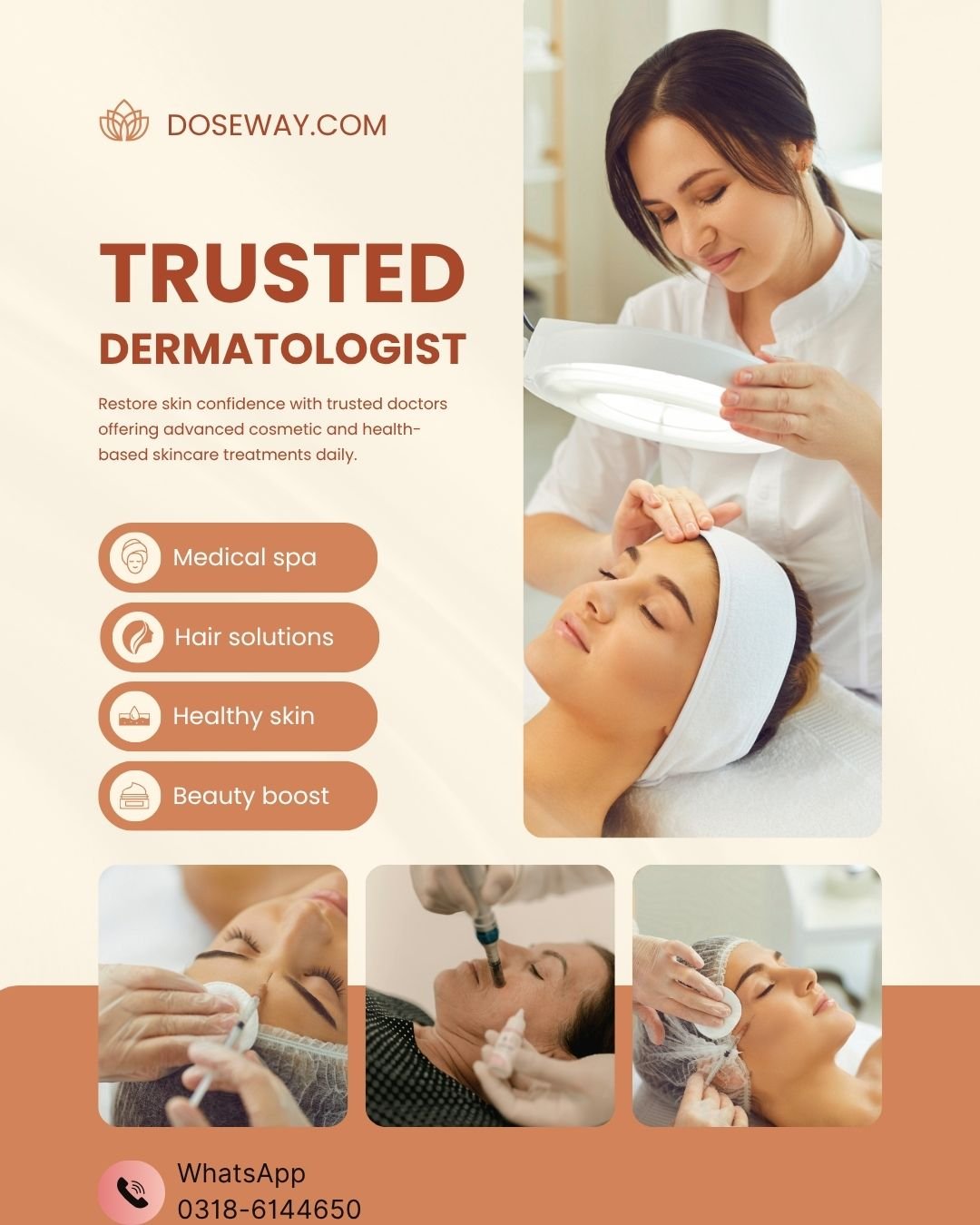
How to Maximize and Maintain Your Non-Surgical Breast Lift Results
Achieving optimal outcomes from non-surgical breast enhancement requires strategic approaches to both initial improvement and long-term maintenance. These evidence-based strategies help maximize and sustain your results over time.
Combination approach methodology:
Integrating multiple non-surgical methods produces synergistic effects greater than any single approach:
✓ Daytime strategy – Support garments during waking hours
✓ Topical treatment regimen – Firming creams applied morning and night
✓ Exercise protocol – Targeted pectoral exercises 3-4 times weekly
✓ Professional treatments – Periodic in-office procedures for enhanced results
✓ Nutritional support – Diet and supplements promoting skin health
Consistency protocols for optimal outcomes:
Regular, consistent application yields significantly better results than sporadic efforts:
✓ Daily routines – Incorporate breast care into existing hygiene practices
✓ Progress tracking – Maintain journal to monitor consistency and results
✓ Reminder systems – Phone alerts or visual cues to maintain regimen
✓ Habit stacking – Attach new practices to established routines
Lifestyle factors supporting breast health:
Certain daily habits significantly impact the effectiveness and longevity of your results:
✓ Adequate hydration – Supports skin elasticity and overall tissue health
✓ Balanced nutrition – Protein, vitamins C and E, and antioxidants crucial for collagen
✓ Sun protection – Prevents UV damage that breaks down collagen and elastin
✓ Smoking cessation – Tobacco use dramatically accelerates skin aging
✓ Weight maintenance – Prevents stretching and contraction cycles that damage skin
Maintenance phase strategies:
Once desired results are achieved, these approaches help sustain improvements:
✓ Continued product use – Most creams and devices require ongoing application
✓ Periodic professional treatments – Typically every 6-12 months for sustained effect
✓ Consistent exercise – Maintains muscular support underlying breast tissue
✓ Support garment use – Prevents gravitational stress during high-impact activities
✓ Skin care continuity – Ongoing attention to breast skin health and hydration
The Science Behind Non-Surgical Breast Lifting: How Do These Methods Actually Work?
Understanding the physiological mechanisms through which non-surgical methods improve breast appearance provides insight into their effectiveness and appropriate application. These approaches work through multiple biological pathways to enhance breast firmness and position.
Collagen stimulation mechanisms:
Collagen represents the structural foundation of skin, providing strength and elasticity. Non-surgical methods enhance collagen through these pathways:
✓ Mechanical stimulation – Exercise and massage create microtrauma that triggers collagen production
✓ Thermal energy – Radiofrequency and ultrasound heat tissue to stimulate fibroblast activity
✓ Biochemical signaling – Topical ingredients like retinol and peptides signal collagen synthesis
✓ Nutritional support – Specific nutrients provide building blocks for collagen formation
Muscular support enhancement:
The pectoral muscles form the foundation upon which breast tissue rests. Strengthening these muscles provides enhanced structural support:
✓ Increased muscle volume – Adds padding and lift to overlying breast tissue
✓ Improved posture – Strengthened upper back and chest muscles reduce forward shoulder roll
✓ Enhanced circulation – Muscle activity increases blood flow to breast area
✓ Lymphatic drainage – Muscle contraction supports removal of metabolic waste
Skin quality improvement pathways:
Multiple methods work to enhance the quality and resilience of breast skin:
✓ Hydration enhancement – Improves skin pliability and appearance
✓ Antioxidant protection – Neutralizes free radicals that damage collagen and elastin
✓ Barrier function support – Strengthens skin’s natural protection against environmental damage
✓ Cell turnover acceleration – Promotes replacement of damaged cells with healthy new cells
Clinical evidence supporting effectiveness:
Multiple studies validate the efficacy of non-surgical breast enhancement methods:
✓ Radiofrequency studies – Demonstrate measurable skin tightening and mild lifting
✓ Topical ingredient research – Confirms collagen-stimulating effects of specific compounds
✓ Exercise trials – Document measurable improvements in breast appearance through pectoral strengthening
✓ Combination approach studies – Show synergistic effects of multi-modal non-surgical regimens
Non-Surgical Breast Lift Case Study: Real-World Results and Experiences
Examining actual user experiences with non-surgical breast enhancement provides valuable insights into realistic outcomes, challenges, and satisfaction levels. This case study follows a 42-year-old woman through her 6-month non-surgical breast improvement journey.
Participant profile:
✓ Age: 42
✓ Breast history: Two pregnancies with breastfeeding, moderate weight fluctuations
✓ Starting condition: Mild to moderate sagging, decreased skin elasticity
✓ Previous procedures: None
✓ Goals: Improved firmness, slight lifting, enhanced cleavage
Implemented regimen:
The participant followed a comprehensive multi-modal approach including:
✓ Daily application of peptide-based firming cream morning and night
✓ Targeted exercises focusing on pectoral muscles 3 times weekly
✓ Support garment during daytime hours, particularly during exercise
✓ Three radiofrequency treatments at month 1, 3, and 5
✓ Nutritional support including collagen supplements and antioxidant-rich diet
Measured outcomes at 6 months:
Objective measurements documented significant improvements:
✓ Nipple position elevation – 1.2 cm lift from starting position
✓ Breast circumference – 2.1 cm reduction in measurement indicating enhanced firmness
✓ Skin elasticity – 28% improvement measured by cutometer
✓ Pectoral muscle strength – 45% increase in chest press capacity
✓ Satisfaction rating – 8.5/10 for overall improvement
Subjective experience observations:
The participant reported these personal observations:
✓ First noticeable changes – Improved skin texture at 3 weeks
✓ Visible lifting – Apparent by 2 months, particularly in clothing fit
✓ Greatest improvement period – Between months 3-5 with combined approaches
✓ Unexpected benefits – Improved posture and reduced upper back discomfort
✓ Maintenance commitment – Willingness to continue regimen given results achieved
Challenges encountered and solutions:
The participant faced these implementation challenges:
✓ Time commitment – Addressed by integrating exercises into existing routine
✓ Product consistency – Resolved by keeping cream visible on nightstand
✓ Initial muscle soreness – Managed by gradual exercise intensity progression
✓ Cost considerations – Budgeted for professional treatments in advance
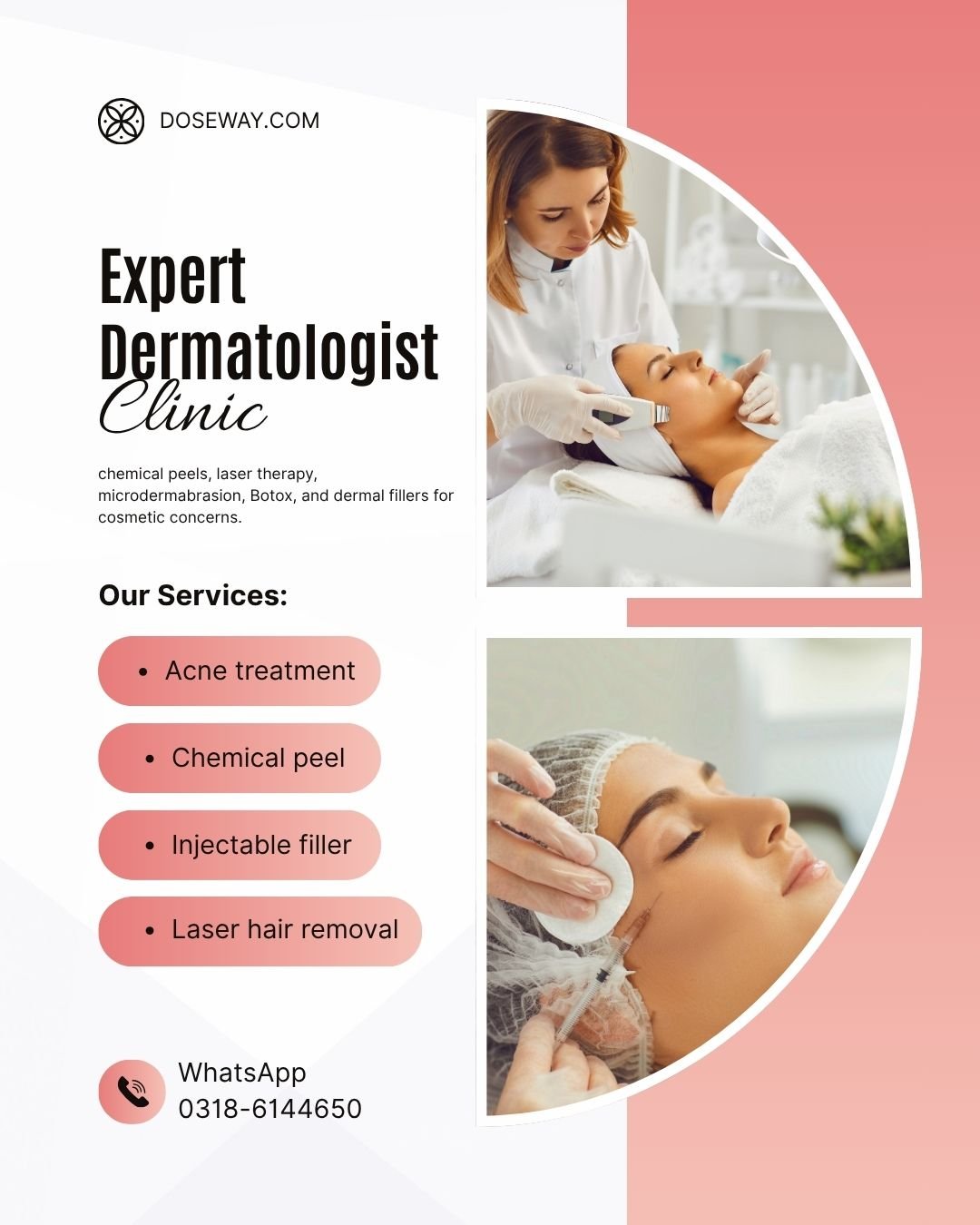
Frequently Asked Questions About Non-Surgical Breast Lifts
How long do results from non-surgical breast lifts last?
Results duration varies significantly by method. Support garments provide immediate but temporary lifting only while worn. Topical creams typically require ongoing use with results diminishing within weeks of discontinuation. Exercises maintain results as long as the strength is maintained, while professional treatments like radiofrequency typically last 1-2 years before gradual decline. Most non-surgical methods require maintenance to sustain improvements long-term.
Can non-surgical methods significantly lift severely sagging breasts?
Non-surgical methods provide best results for mild to moderate sagging. Severe ptosis (sagging) with nipple position below the breast fold typically requires surgical intervention for significant correction. However, even with severe sagging, non-surgical methods can improve skin quality, provide modest lifting, and enhance overall appearance. Combining multiple approaches yields the best outcomes for challenging cases.
Are there any non-surgical methods that work for breastfeeding mothers?
During breastfeeding, options are limited due to potential transfer to infants. Support garments represent the safest option, along with pectoral-strengthening exercises. Topical products should generally be avoided unless specifically formulated as breastfeeding-safe. Professional treatments are typically postponed until after breastfeeding completion. Always consult healthcare providers before beginning any regimen while breastfeeding.
How do I know if I’m a good candidate for non-surgical breast lifts?
Ideal candidates have mild to moderate sagging, good overall health, realistic expectations, and commitment to consistent regimen adherence. Women with severe ptosis, significant volume loss, or specific medical conditions may achieve limited improvement. The most successful candidates typically combine multiple approaches and maintain consistent habits over several months.
Can non-surgical methods increase breast size or just lift them?
Most non-surgical methods primarily improve firmness and position rather than adding volume. However, pectoral exercises can create the appearance of slightly larger breasts by enhancing the underlying muscular foundation. Some specialized techniques like fat transfer represent minimally invasive options for adding volume, though these approach the boundary of non-surgical categorization.
Do insurance plans cover any non-surgical breast lift methods?
Standard health insurance typically does not cover cosmetic breast enhancement procedures, whether surgical or non-surgical. Rare exceptions might apply if procedures address documented medical issues like chronic skin infections under breast folds. Most non-surgical methods represent out-of-pocket expenses, though some practices offer payment plans for professional treatments.
What is the typical cost range for non-surgical breast lift options?
Costs vary dramatically from $20-$30 for basic creams to $3,000-$5,000 for comprehensive professional treatment series. At-home products generally range from $20-$300, while in-office treatments typically cost $1,000-$5,000 depending on technology, practitioner expertise, and geographic location. Multi-modal approaches combining several methods represent the highest investment but typically yield the most significant results.
Recommended Affiliate Products/Brands
- Truly Beauty Boutine Breast Enhancing Set – Comprehensive topical treatment system with proven ingredients
- Brestrogen Phytoestrogen Breast Enhancement Serum – Natural formula with clinical backing
- Curves & Curves Natural Breast Enhancement Supplements – Nutritional approach with positive user reviews
- Brovana Breast Lifting Device – Wearable technology with mechanical lifting action
- NuBreast Natural Breast Enhancement Cream – Popular product with extensive user testimonials
- Total Curve Daily Breast Enhancement Therapy – Combination supplement and topical system
- BellaBust Breast Enhancement Herbal Supplements – Plant-based formula with hormone-balancing approach

 Cart is empty
Cart is empty
Add a Comment